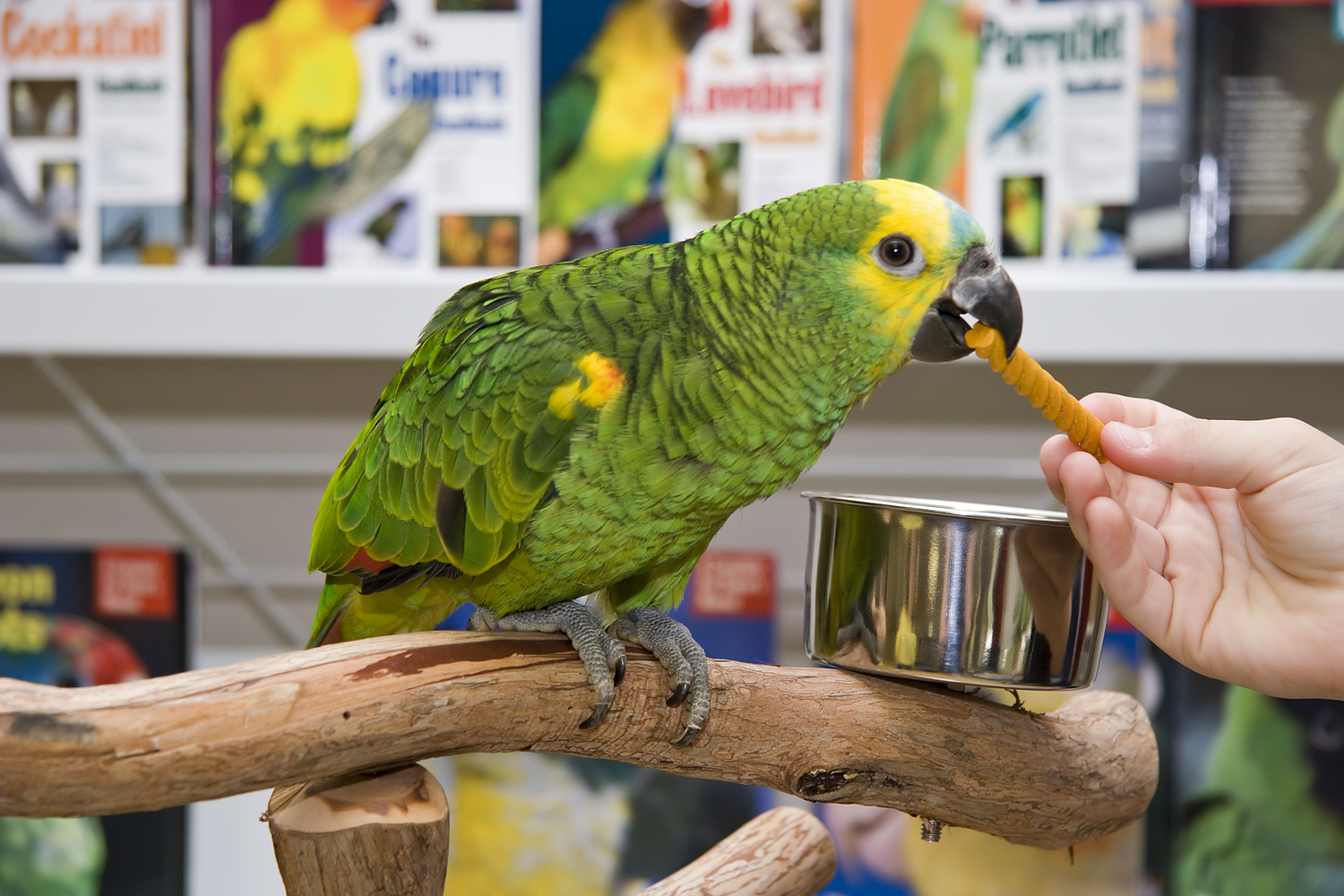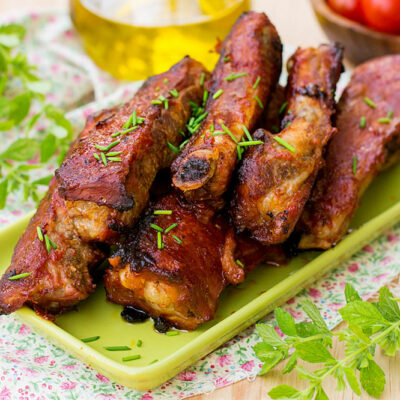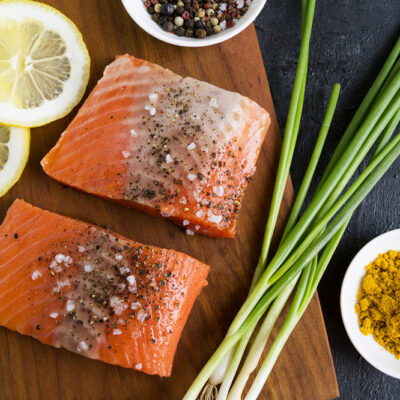
The Symptoms of Food Allergies in Pet Birds
Birds are the fourth most-preferred house pets in the country. Since many people are allergic to cats and dogs, they cannot have them as pets and opt for birds instead. Birds do not require a lot of space and are easier to maintain, care for, and clean after. Also, you wouldn’t need to make that many visits to the pet store. Cockatiel, Budgerigar, finches, and parrots are some of the birds that thrive in homes. Among these, Eclectus parrots are more popular for their colors and ability to talk. They are loveable, ideal companions and mood changers, making you smile when you need it most. However, food allergies are one of the common conditions that can affect them.
The symptoms of food allergies in parrots:
The symptoms of food allergies in parrots can develop in perfectly healthy birds.
- Most birds flex their body. However, frequent and periodic flexing all through the day is one of the symptoms of food allergy. The parrot will seem irritable and uneasy.
- Itching and scratching are other symptoms of food allergies. In case of severe allergies, the birds will scratch non-stop, disrupting their resting and sleeping patterns.
- If you see them flicking their wings even when they are resting or sleeping, it is an indication that they do have allergies.
- They will tap their toes involuntarily and it will seem as if they are not able to control it. This too is a symptom.
- Plucking is another common symptom. Birds normally pluck their feathers to maintain their body temperature or to attract a mate or as part of grooming. However, when they pluck more than usual and if it is combined with other symptoms like dry skin, dandruff, skin infection, it could be a symptom of food allergies.
Triggers of food allergies in Eclectus parrots
Not all breeds of parrots can have the same diet. What works for an Amazon or Gray parrot may not be ideal for the Eclectus parrot. Their digestive tract is longer than the other parrots. Food can trigger insensitivities and can also lead to toxicity, leading to life-threatening conditions. Talk to your vet before planning a diet and avoid anything that can lead to allergic or toxic reactions.
- Protein can trigger allergies in Eclectus parrots. Soak grains and seeds so that they can germinate before feeding. Limit germinated sprouts to twice a week.
- Bird food that contains dyes and chemicals can trigger allergies.
- Chocolate is another trigger of food allergies in parrots.
- Synthetic supplements can trigger one or more symptoms as well.
- Fortified Eclectus diets that are enriched with too much iron and protein can trigger food allergy symptoms.
Safe food for Eclectus parrots
A combination of fresh foods, about 6% fat and protein, makes a good diet for Eclectus parrots. Avoid trail mixes that could contain chemicals and make your trail mix. Their body requires Beta Carotene and you can include mango, carrot, corn on the cob, passion fruit, berries, cantaloupe, and watermelon. Broccoli leaves and flowers, dark leafy greens, and egg yolks (twice a month) are all safe foods and will not trigger any allergies.


